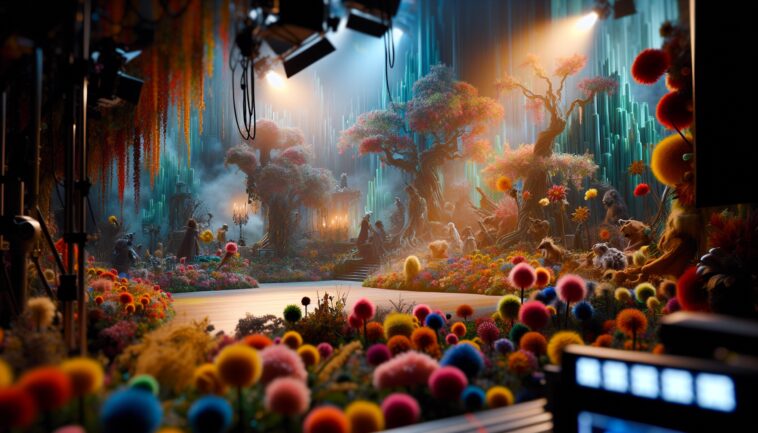Table of Contents
Reimagining classics: The future of film with AI technology
As technology continues to evolve, the film industry is witnessing a groundbreaking transformation with the integration of artificial intelligence (AI). The recent announcement of a reimagined version of the beloved classic, “The Wizard of Oz,” set to premiere at the Las Vegas Sphere, has sparked a heated debate among film enthusiasts.
While some celebrate the innovation, others express concern over the potential loss of artistic integrity.
AI’s role in modern filmmaking
AI technology is not just a passing trend; it represents a significant shift in how filmmakers approach storytelling. By utilizing advanced tools like Veo, Imagen, and Gemini, creators can enhance visual quality and expand narratives in ways previously unimaginable.
This technology allows for the transformation of classic films into immersive experiences, appealing to a generation that craves engagement and interactivity.
For instance, the reimagining of “The Wizard of Oz” involves a meticulous process of AI outpainting and super-resolution techniques that elevate the original film’s visuals to ultra-high definition.
This leap into the future aims to captivate audiences by providing a fresh perspective on a timeless story, while also addressing the challenges posed by modern viewing formats.
Audience reactions: A divided landscape
The reception of AI-driven adaptations is likely to be polarized.
On one hand, traditionalists, or “film purists,” may resist these changes, fearing that the essence of the original work is compromised. They argue that the creative choices made by the original filmmakers should be preserved, as these decisions reflect the artistic vision of their time.
Conversely, many viewers, particularly younger audiences, may embrace the innovative approach. They see AI as a tool that can breathe new life into classic narratives, making them relevant for today’s viewers. As Michael Walker, CEO of AI-First at Trilogy, points out, this technology can connect classic films with audiences who expect more immersive experiences.
The challenge lies in balancing respect for the original material with the desire for innovation.
The future of AI in film
Looking ahead, the potential for AI in filmmaking is vast. Experts suggest that films with strong visual signatures, such as “2001: A Space Odyssey” or “Lawrence of Arabia,” could benefit from AI enhancements. Additionally, silent films and black-and-white classics stand to gain from AI’s ability to colorize scenes and restore missing footage.
As the industry navigates this new terrain, the key will be transparency and respect for the source material. Successful adaptations will honor the original while offering a fresh interpretation that resonates with contemporary audiences. Ultimately, the evolution of film through AI technology presents an exciting opportunity to redefine storytelling for future generations.




